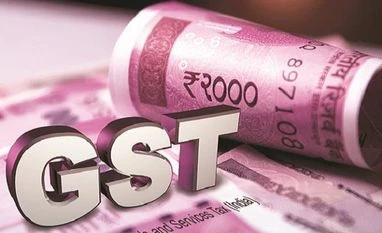This is an important settlement of a legal issue in GST since AARs have not been going into this matter, saying it is beyond their jurisdiction.
Place of supply rules are key elements, particularly for services, under the GST regime, as this tax is destination-based. The rules define whether the transaction will be counted as intra-state or inter-state, or export, and accordingly levy of state GST, central GST and integrated GST as well as exemptions from these taxes will be determined.
Niraj Bagri, partner Dhruva Advisors, said an Indian unit supplied information technology-enabled services to its parent located in the US. The company went to Kerala-based AAR to know whether it could take benefit of export of services and be exempted from GST.
However, AAR said it cannot go into the place of supply provisions, which are one of the key determinants to know whether export of services happened. If place of supply provisions happen outside India, then it would be treated as export of services.
The other conditions for services to be treated as exports are supply provider should be in India, recipient should be outside, and payment should be in foreign exchange etc.
The firm then moved to the Kerala High Court, which said the section 97 of the CGST Act that deals with AAR is wide enough for the Authority to determine place of supply which is the key determinant to assess the tax liability in export of services. As such, it reverted the case to AAR.
“In this case, the court has settled one of the key issues on maintainability of advance rulings wherein the question involved determination of place of supply,” said Bagri.
A liberal reading of the provision also means that any question which involves determination of tax liability can be taken before the advance ruling authorities, he said.
To read the full story, Subscribe Now at just Rs 249 a month
Already a subscriber? Log in
Subscribe To BS Premium
₹249
Renews automatically
₹1699₹1999
Opt for auto renewal and save Rs. 300 Renews automatically
₹1999
What you get on BS Premium?
-
Unlock 30+ premium stories daily hand-picked by our editors, across devices on browser and app.
-
Pick your 5 favourite companies, get a daily email with all news updates on them.
Full access to our intuitive epaper - clip, save, share articles from any device; newspaper archives from 2006.
Preferential invites to Business Standard events.
Curated newsletters on markets, personal finance, policy & politics, start-ups, technology, and more.
Need More Information - write to us at assist@bsmail.in
)